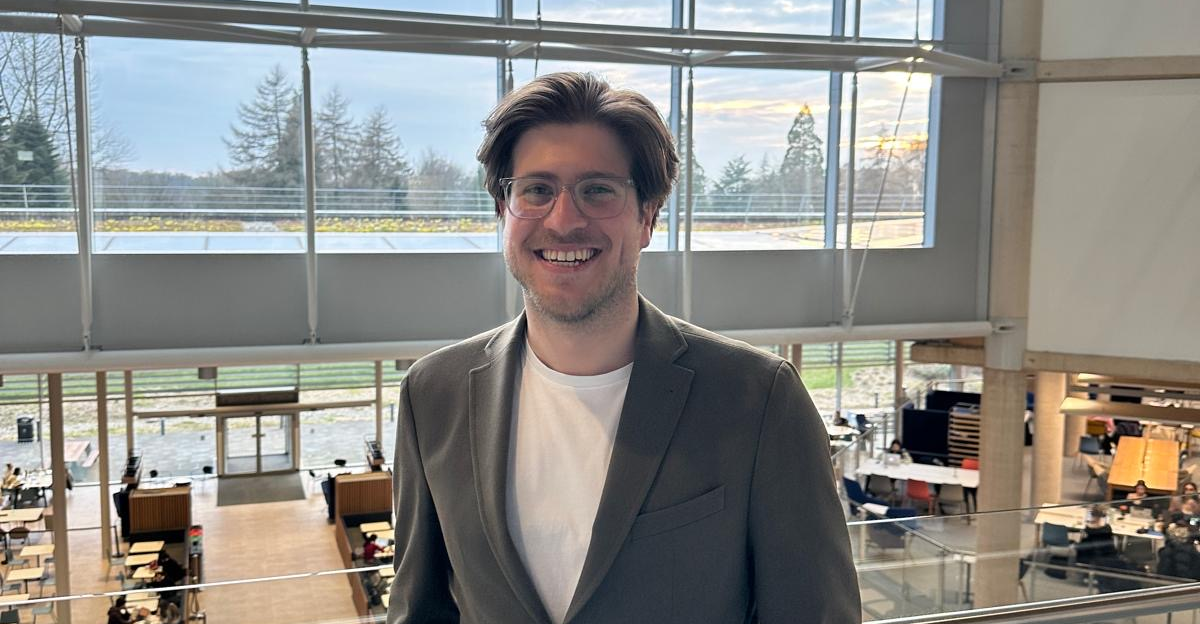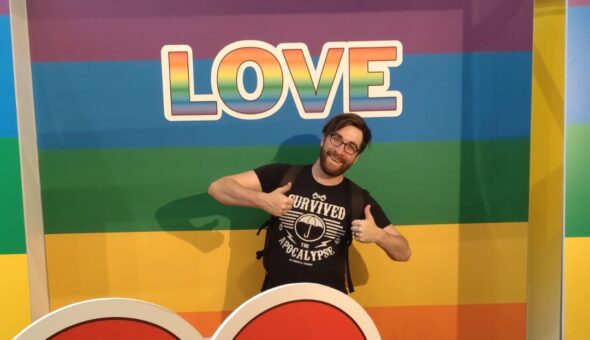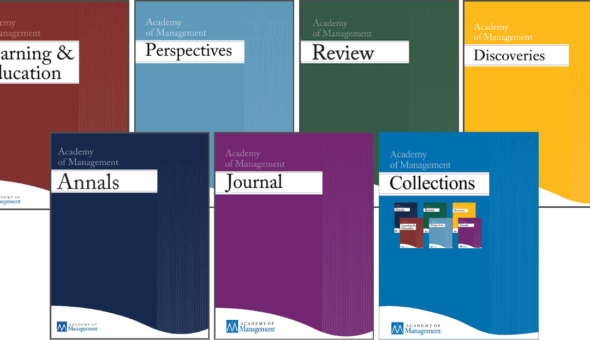Fatih is in the first year of a PhD with the Future of Work research centre. He explains how play in the workplace can help avoid burnout and why you should read as broadly as possible.
What drove you to choose Bath for your PhD?
I had always considered doing a PhD in the UK because of its academic mindset and networking opportunities. The UK is a hub for management studies – both qualitative and quantitative – and Bath is also one of the recognised institutions in this field.
I want to pursue a career in academia, so this is one of the amazing schools that could give me a really good background.
My decision became clear when I saw a post online about a PhD position supervised by Professor Yasin Rofcanin, Dr Farooq Mughal and Dr Qiying Du – who are now my supervisors!
What is your research topic?
It's about playful behaviours across work and home domains, and their impact on outcomes. Right now there are emerging concepts of playful work, when you reframe and recategorise your tasks by implementing some fun and challenging elements, using your imagination to make it more engaging for yourself. It includes finding ways to be engaged in your work when it might be monotonous.
For example, for data scientists – instead of looking for just numbers and patterns, they may try to think of it as a kind of a game or try to torture data to ‘confess’ something. Or working in a supermarket, you might introduce competitive elements when you’re scanning items.
What initially sparked your interest in the topic?
When I first came across the concept of playful work and leisure, I realised that I'm unknowingly doing that in my everyday life. I also think that it will be really helpful, especially in an era where burnout is prevalent.
The topic is interesting to me because it aligns with my playful attitude. I’m keen to contribute to the literature because we spend nearly half our lives at work, if you don't count the time we’re asleep, so we need to find some way to make it more meaningful and manageable.
How are you going about the research and do you have any preliminary findings?
We have some ideas about the about the methods, so I will probably use both qualitative and quantitative approaches, but not simultaneously.
Right now our thinking is still new, but we have some ideas. For example, that playful behaviour is not just an instinct but an alternative way to regulate your individual conditions and emotions. When your job demands are high, you unknowingly go to this to regulate your current situation and reach a desired goal.
One interesting thing is that we’ve found is that people who do this playful work design also bring playful behaviours to their family, too. This highlights that a positive work experience can influence the work and family domain, too – so playing with kids and partners.
What are the real-world implications of your research?
We are hoping to develop a holistic understanding of why or why not individuals integrate these playful behaviours at work, and also at home and in different domains.
We hope to offer actionable strategies to both employees and managers. We had a couple of interviews where participants were interested in ‘how could I do that?' They know that they want to be playful, but what strategy should they use when they feel that need?
It could have an impact on both mental health and physical health – employee wellbeing is critical.
What advice would you offer to others studying or considering a PhD?
100% to find a topic that you are really curious about, because sometimes it's overwhelming between all the papers, lectures and classes. You also need to maintain a certain kind of a discipline, because there will always be ups and downs, and all your time is focused on the PhD. So find a topic that you really like!
The second thing, which I do a lot, is reading things that are not related to each other and trying to connect them. If you have a topic and idea in your mind, you will start to relate things. For instance, you may read something like a historical text or a piece of literature and then find some examples that relate with a newspaper article. It will give you an ability to draw unexpected connections.
Respond



